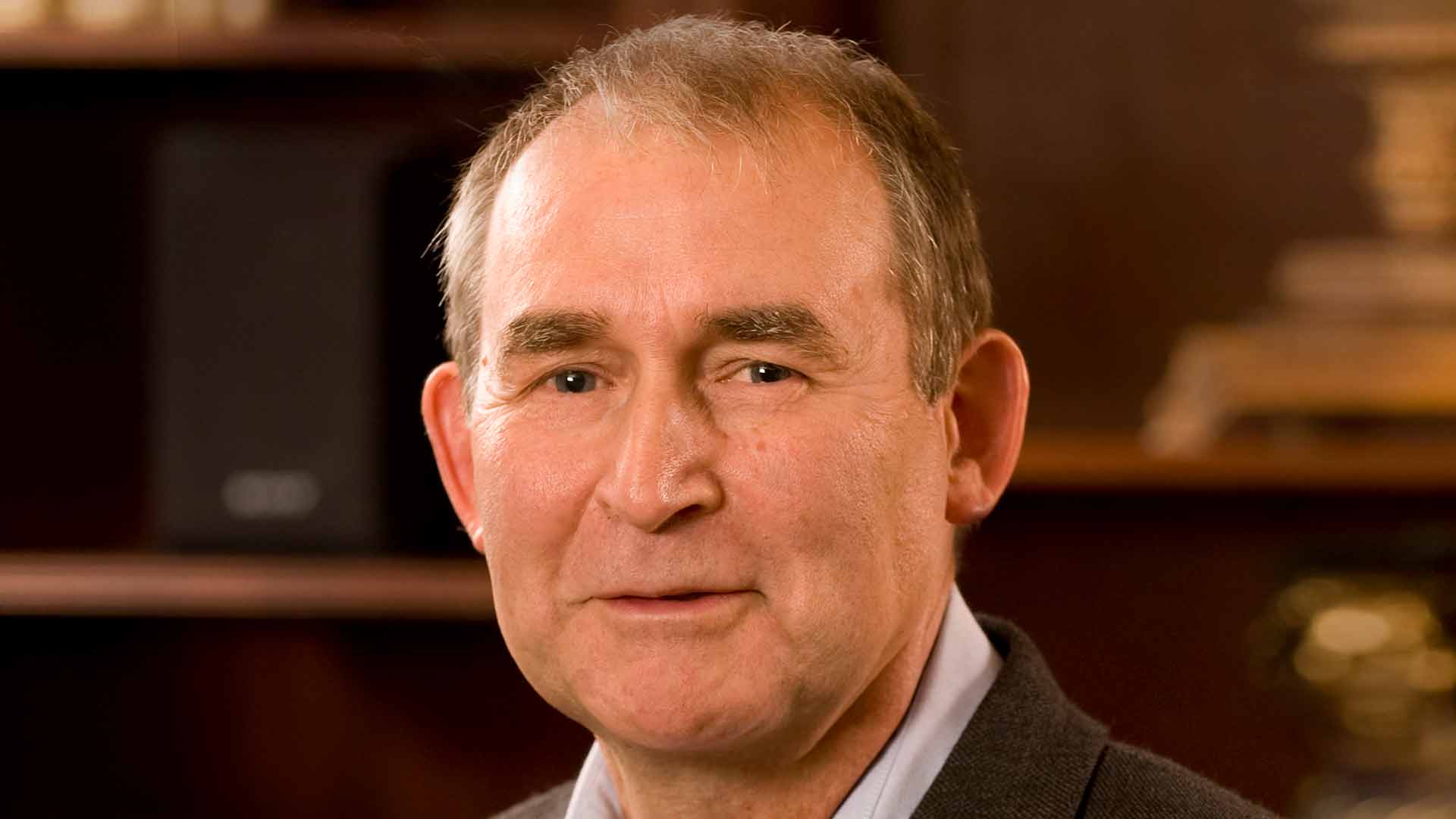This quarter, Ag Innovation News highlights board chair Ron Obermoller and his vision for 2021. Ron is a dedicated leader for the organization and brings a wealth of agricultural knowledge to the board thanks to his many years as a farmer and leader in other commodity groups.
AIN: With the new year upon us, what do you hope will be AURI’s greatest achievements in 2021?
RO: First thought is to get back to normal operations or as close to it as possible. While we have not seen a decrease in activity or productivity, in fact in some areas we are seeing more, but at what cost? We are all in need of personal contact and interaction.
AIN: In 2021 what topics do you hope will get some attention and help ag producers?
RO: I believe carbon credits should get more attention as a real opportunity for Minnesota farmers. If the environmental communities and consumers are willing to pay farmers for some of the things we are already doing, we should be willing to accept their contributions and work with them to accomplish more carbon sequestration.
AIN: What do you feel will be the biggest challenge facing the value-added agriculture industry?
RO: It might be money, with all the spending on fighting the pandemic and the slow economy, we will need to keep informing all our funding sources about the value of AURI and the value-added food and ag businesses to the state of Minnesota.
AIN: What issues do you feel AURI could assist or support the Minnesota Legislature with?
RO: The emerging hydrogen economy and carbon credit programs need to work for Minnesota agriculture. It is not just going to magically happen to the benefit of Minnesota without someone learning the programs and making sure they work here. We already work with many of the new home-grown food entities around the Twin Cities and can help the State Legislature ensure good local food availability.
AIN: What role will the Minnesota Legislature play in AURI’s success during 2021?
RO: While AURI has always had a great return for the state’s investment, we need to earn our support from the State Legislature and illustrate the return on investment of that long-term partnership.
AIN: How has participating on AURI’s board helped you grow, either as a professional or in a personal way?
RO: Participating on the AURI board has made me more aware of just how many great ideas Minnesotans have and gives us the opportunity to help use the state’s bountiful ag products. It is a great opportunity for me to work with some outstanding board members and learn from their experience and talents.
AIN: As AURI’s Board Chair, do you have any goals for the organization as it moves through the new year?
RO: Goals are to make AURI more accessible to our clients with the online format. A big part of my job is to make sure we use the talents of board members and get them involved in areas that match their interests and expertise.
AIN: What important lessons do you think the agriculture sector learned throughout 2020?
RO: Lessons learned include that the world can survive conducting business remotely. No matter how we come out of the lockdown there are a lot of lessons about how operations don’t need big fancy offices to do business and be successful. While AURI always operated somewhat remotely, we have improved on an already workable model.
In the ag sector, we are learning we can get the information we need by attending meetings on the internet. We are learning how much we depend on the internet and how our metro friends are ahead of the rural areas.
